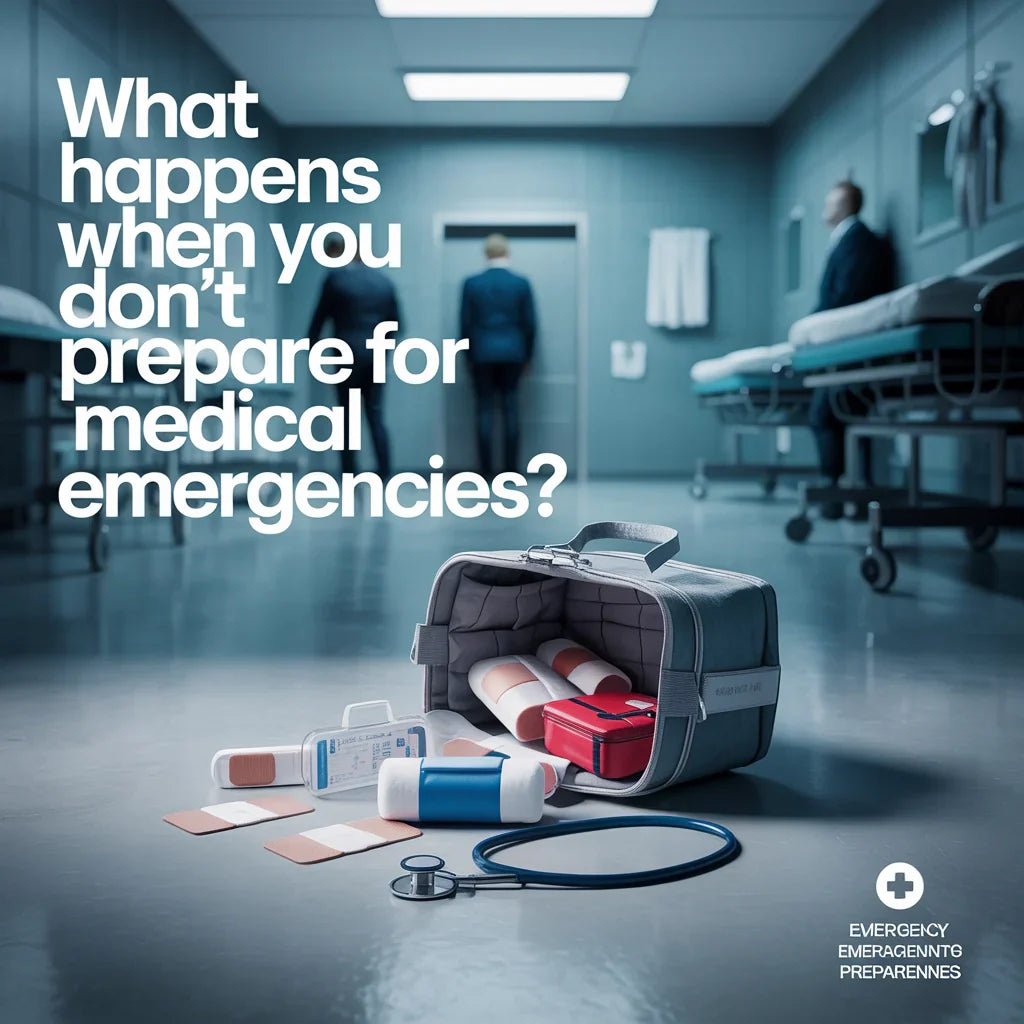What You Might Risk When You're Not Ready
- Consider that lost minutes may worsen outcomes; limited CPR knowledge, confusion about symptoms, or moving someone can turn a treatable crisis into lasting harm.
- Care may be delayed when key details aren’t handy; without current medications, allergies, diagnoses, or POA/DNR, responders and ER teams may lose time or give unwanted treatments.
- Costs can add up quickly; ambulance, ER care, and complications from delays may reach tens of thousands, sometimes with higher premiums or out-of-network bills.
- Families may encounter legal or decision-making friction; unclear roles can lead to disputes, questions about POA, or allegations of negligence—affecting finances and trust.
- Emotional strain can linger; caregivers often notice guilt, stress reactions, and burnout that touch spouses, siblings, and children.

Scannable Summary
- A little preparation may reduce delays and errors that can worsen outcomes and increase costs.
- Consider keeping a visible, up-to-date list of meds, allergies, diagnoses, POA/DNR, and emergency contacts.
- You may want to learn CPR and ask your physician for recommendations on a simple action plan and a basic kit.

